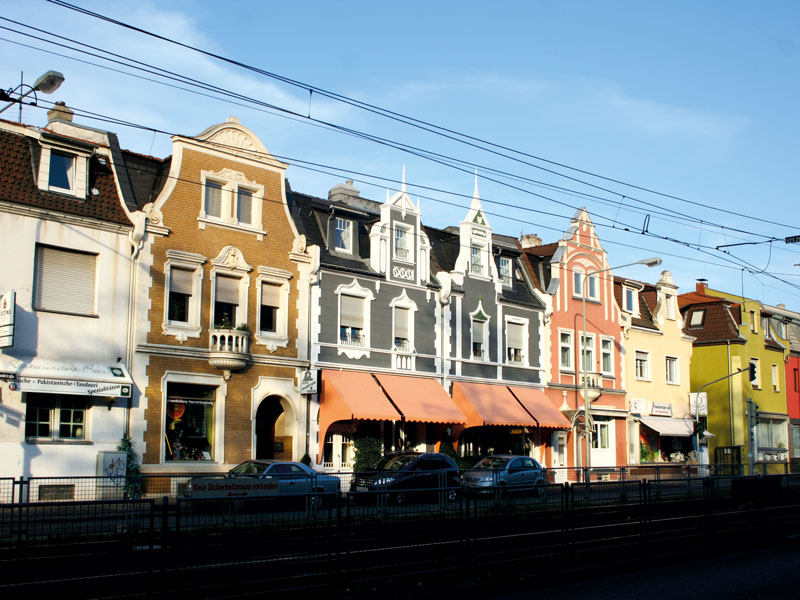 Eschersheim, © NEW IN THE CITY
Eschersheim, © NEW IN THE CITY
It’s hard to find accommodation that is both attractive and affordable in Frankfurt, but – with a bit of patience and luck – it’s not impossible. Because of the city’s growth, there isn’t enough avaiable accommodation in Frankfurt. There are currently about 367,000 households in the city chasing only 353,000 or so dwellings. Furthermore, Frankfurt has less living space per person than other western German cities, while rents are the second highest after Munich.
Long-term forecasts indicate a stable or slowly increasing population growth. The city's office for electoral and population statistics has predicted two possibilities for population growth between now and 2020. According to the first scenario, the population level will grow by 18,000 people. According to the second, it will remain stable. The trend towards smaller households and larger living space per household in recent years appears to be coming to a halt. According to the office of statistics, the number of households will also increase by 6,400 from now to 2020 in line with stabilizing numbers of inhabitants.
To cover current and future – potentially still increasing – housing needs, there’s a lot of buolding happening in Frankfurt. The number of newly completed residential buildings reached a ten-year high in 2006: at 622 buildings, it beat the previous record set in 2000 by 14 percent – increasing the housing stock by 2,440 units in 2006 to 353,464 dwellings. To find the ideal accommodation, it’s best to move into temporary accommodation via a housing agency and then carry on looking at leisure or you could take a small space with a kitchen corner in a so-called apartment-hotel for a short while.
There are a number of possibilities for searching for accommodation. Daily newspapers, agencies, realtors, and Internet portals bring landlords and tenants together. The Frankfurter Rundschau is also recommended, since it includes a large section on accommodation on Wednesdays and Fridays and always gives a good idea of what’s available. You can also contact landlords or residential managers directly. Or you can even become a property owner by joining a cooperative building society. Cooperative members have a lifetime right of residence.








